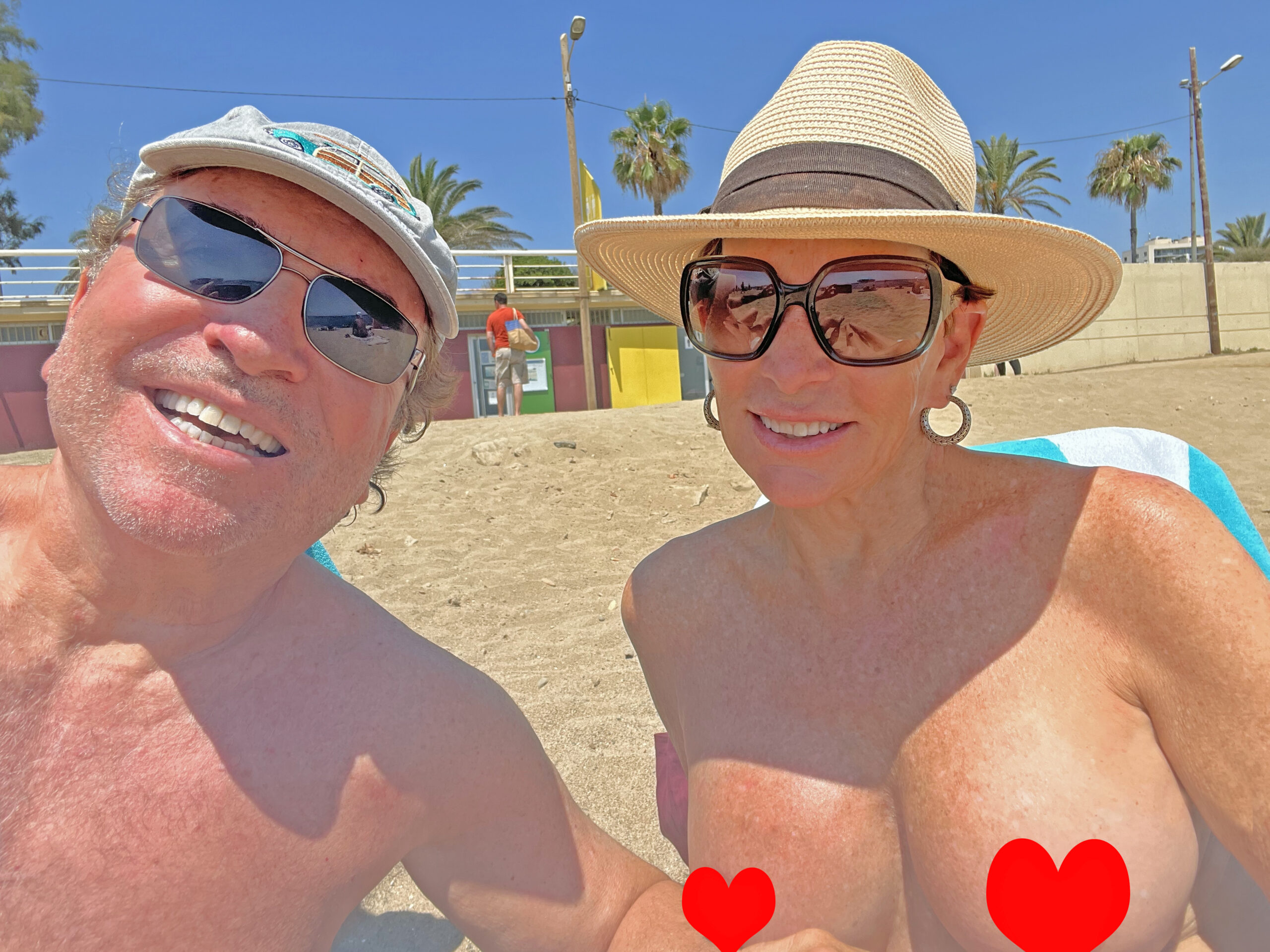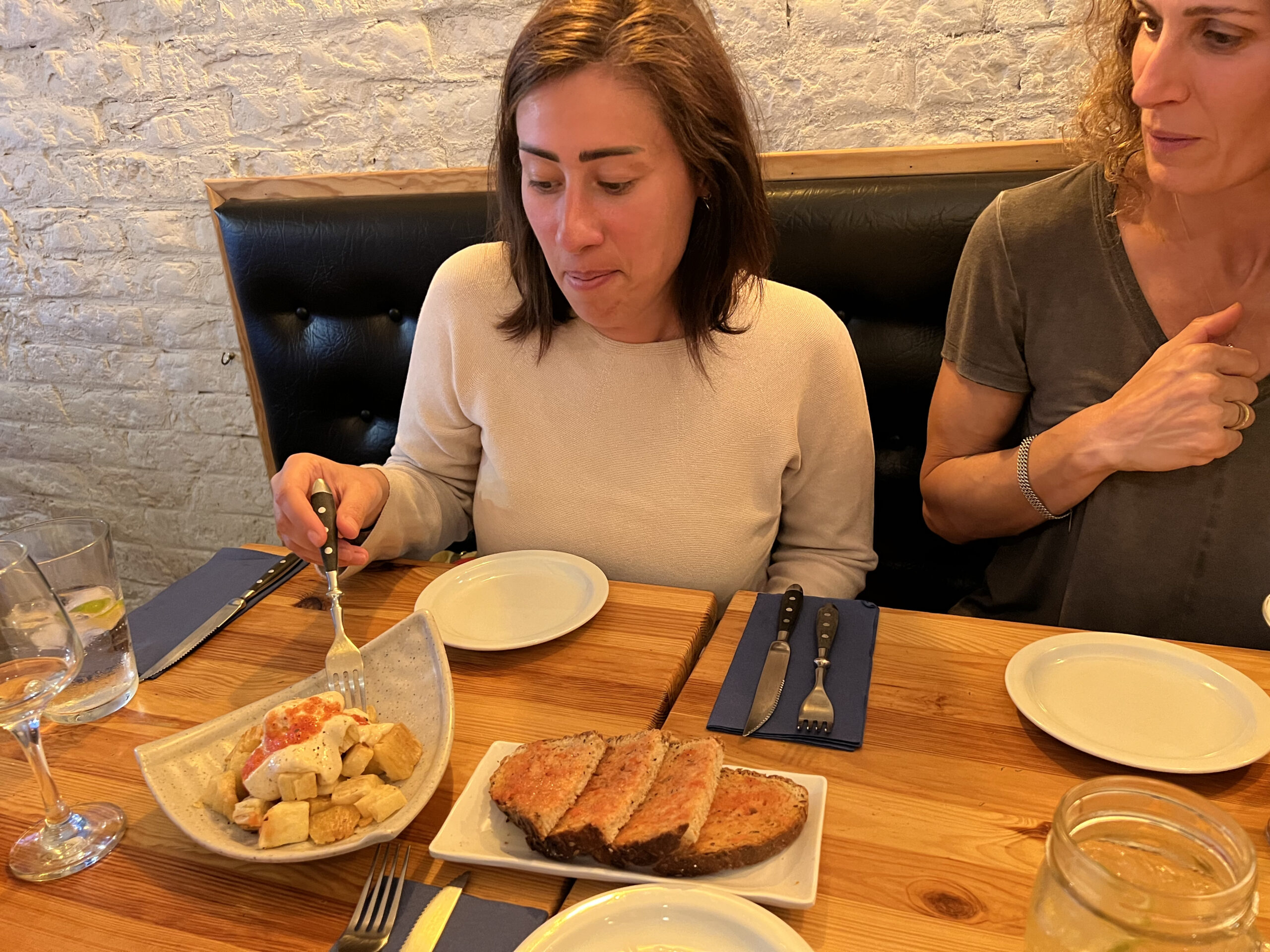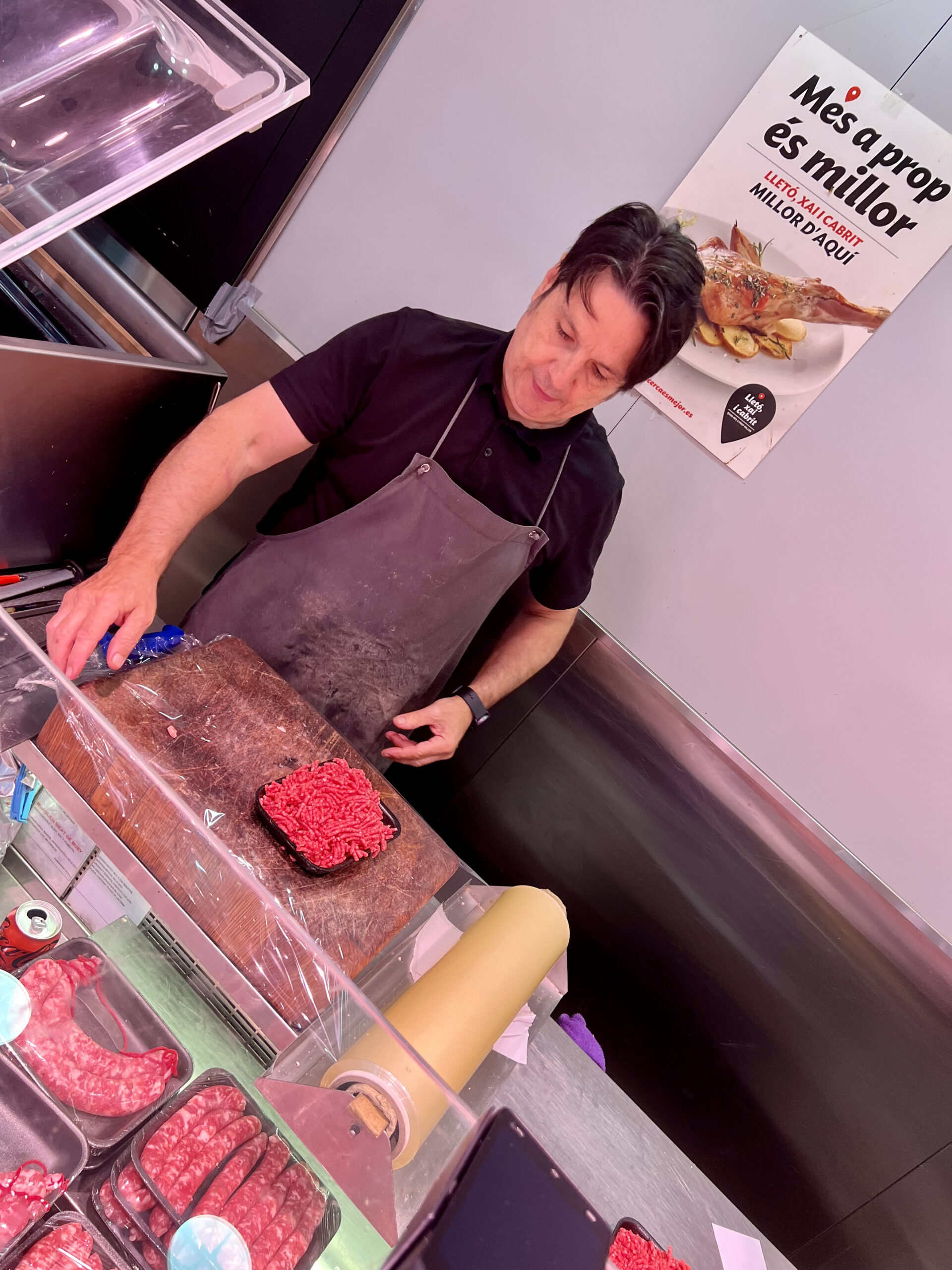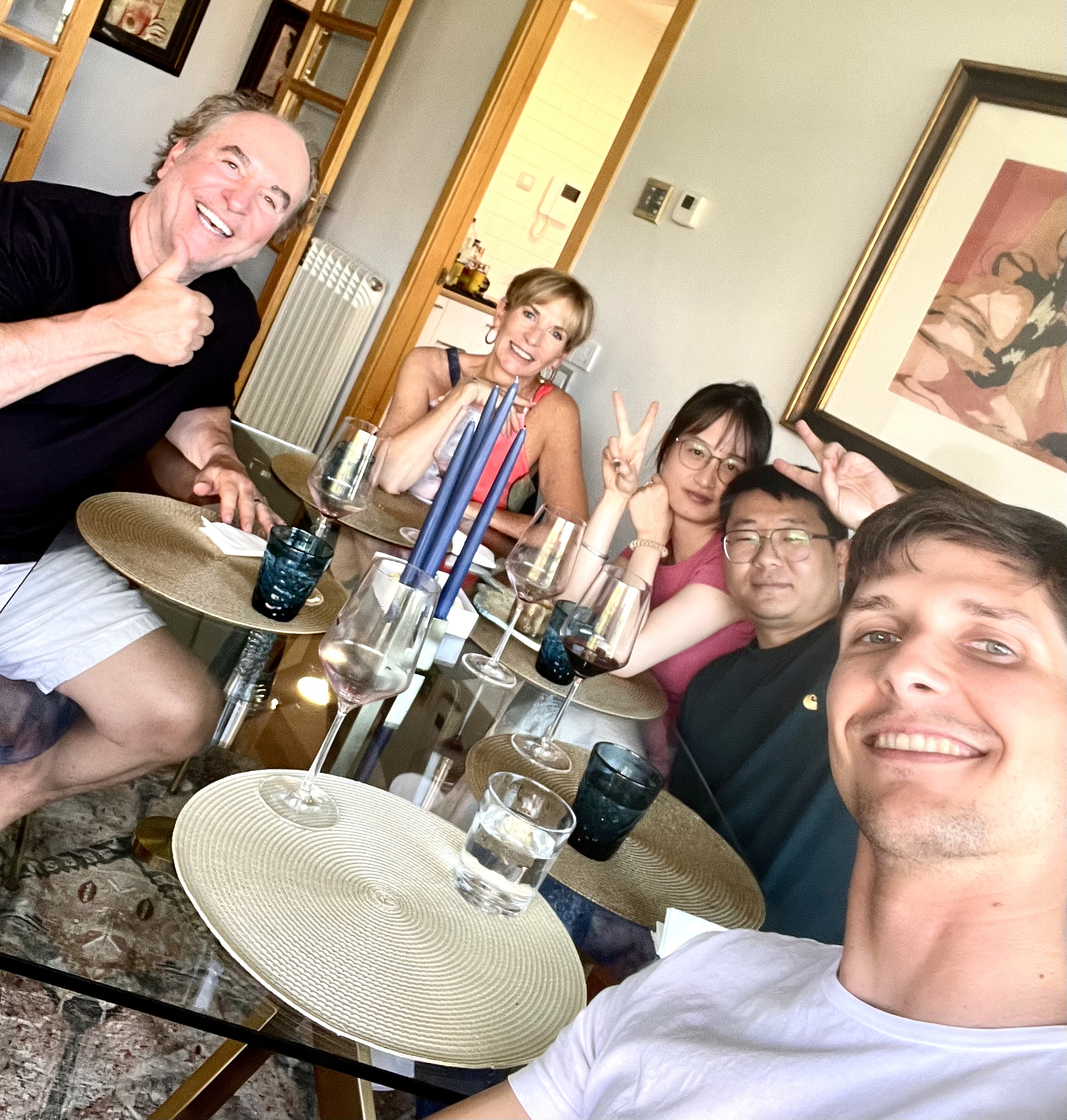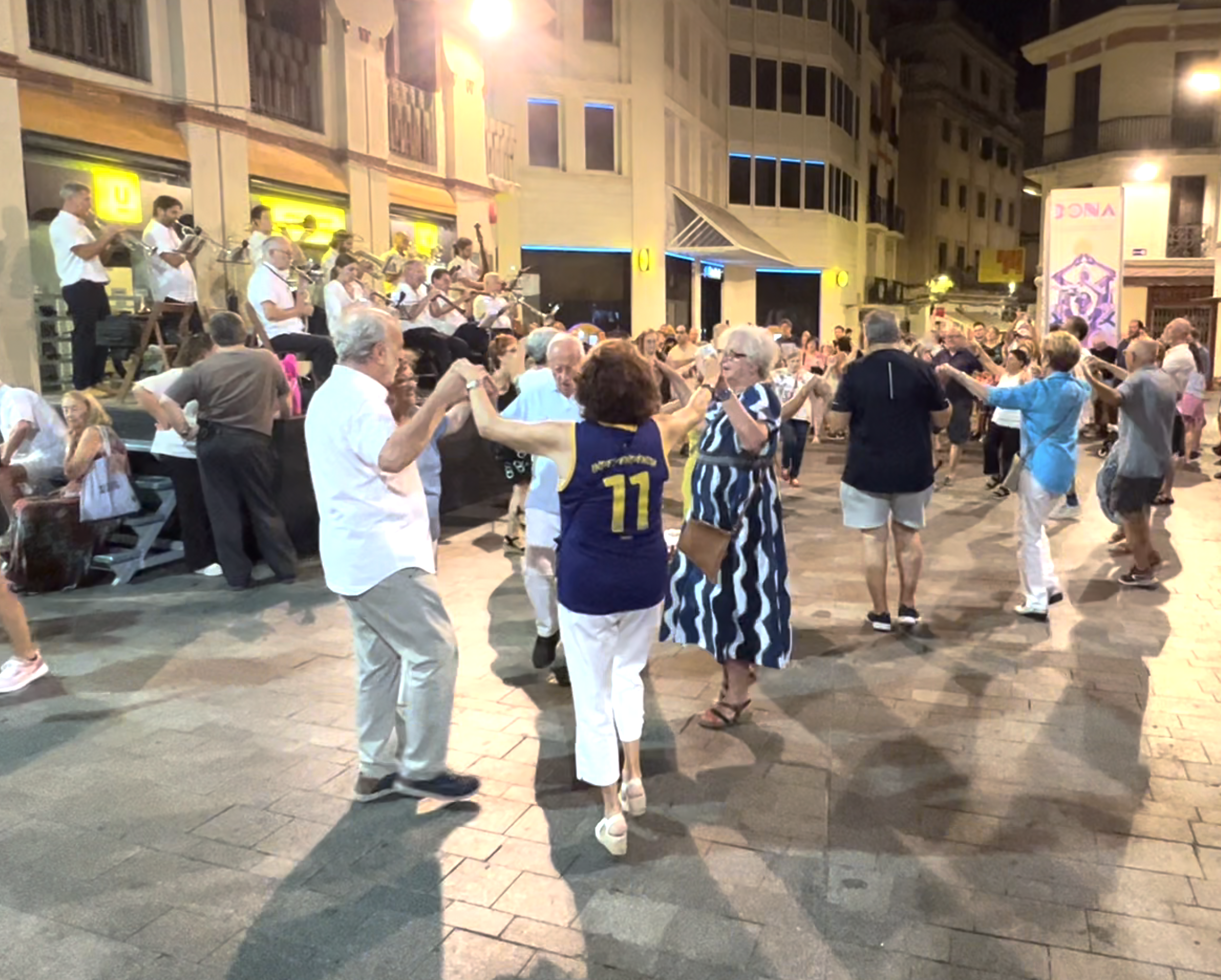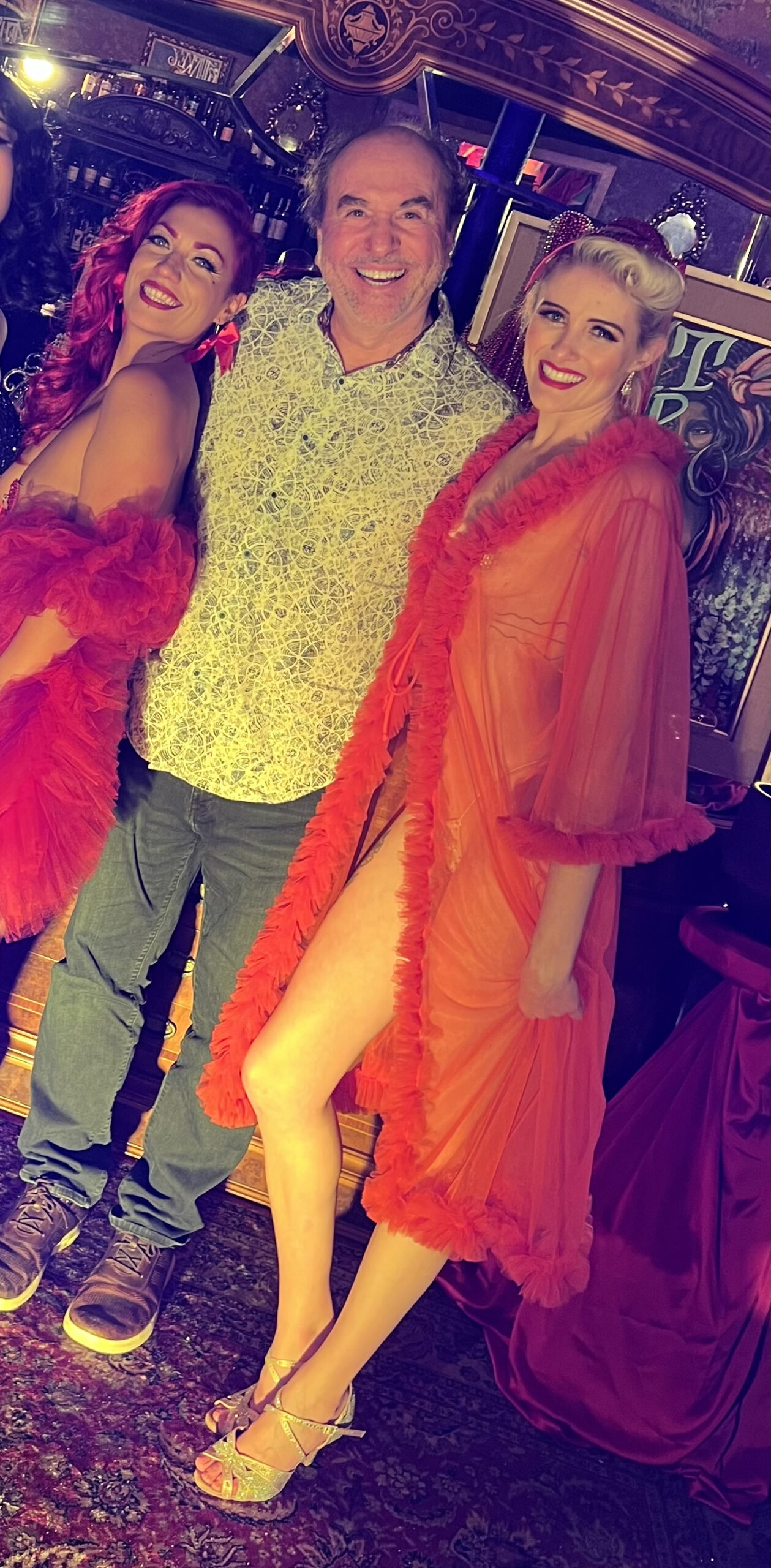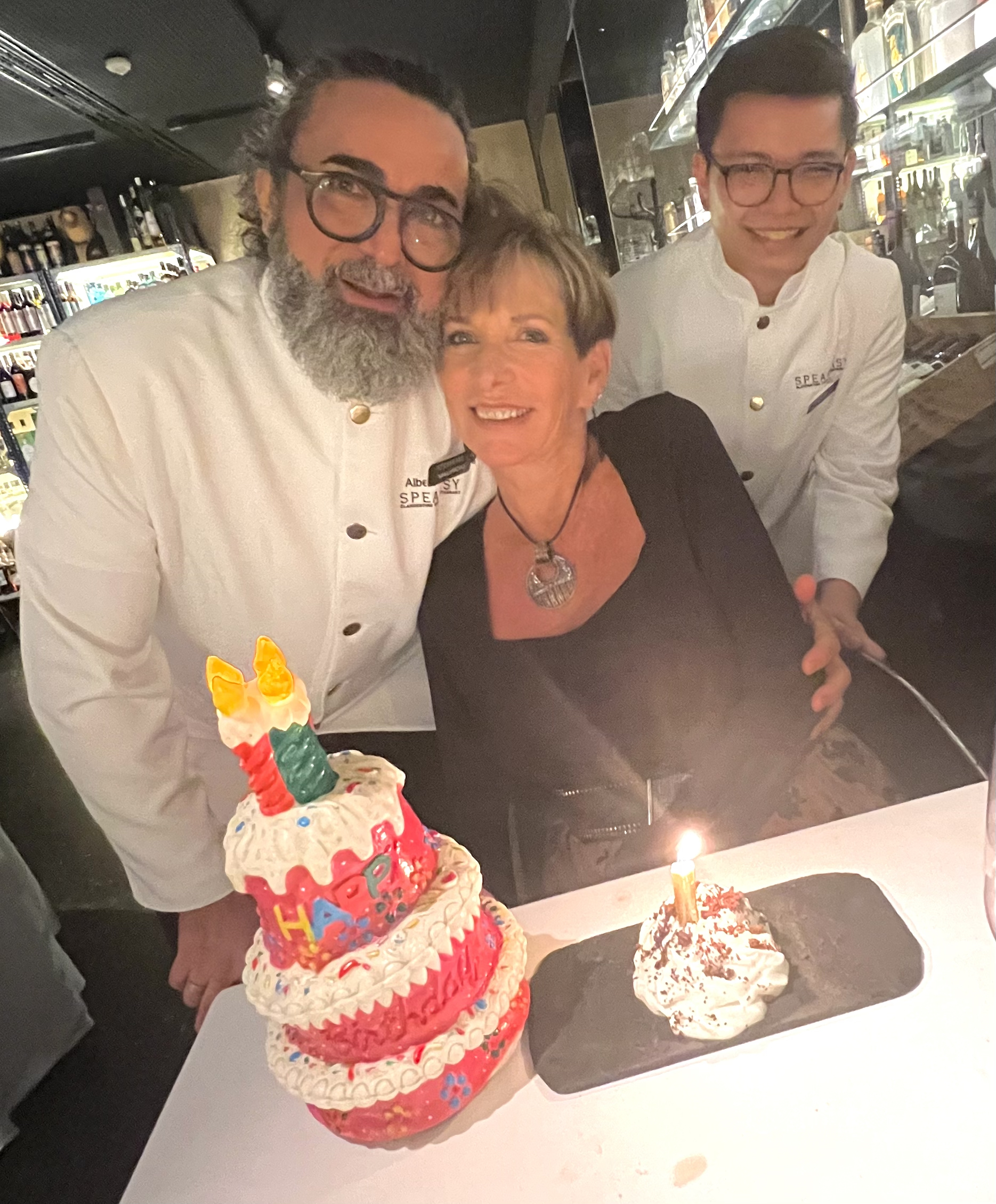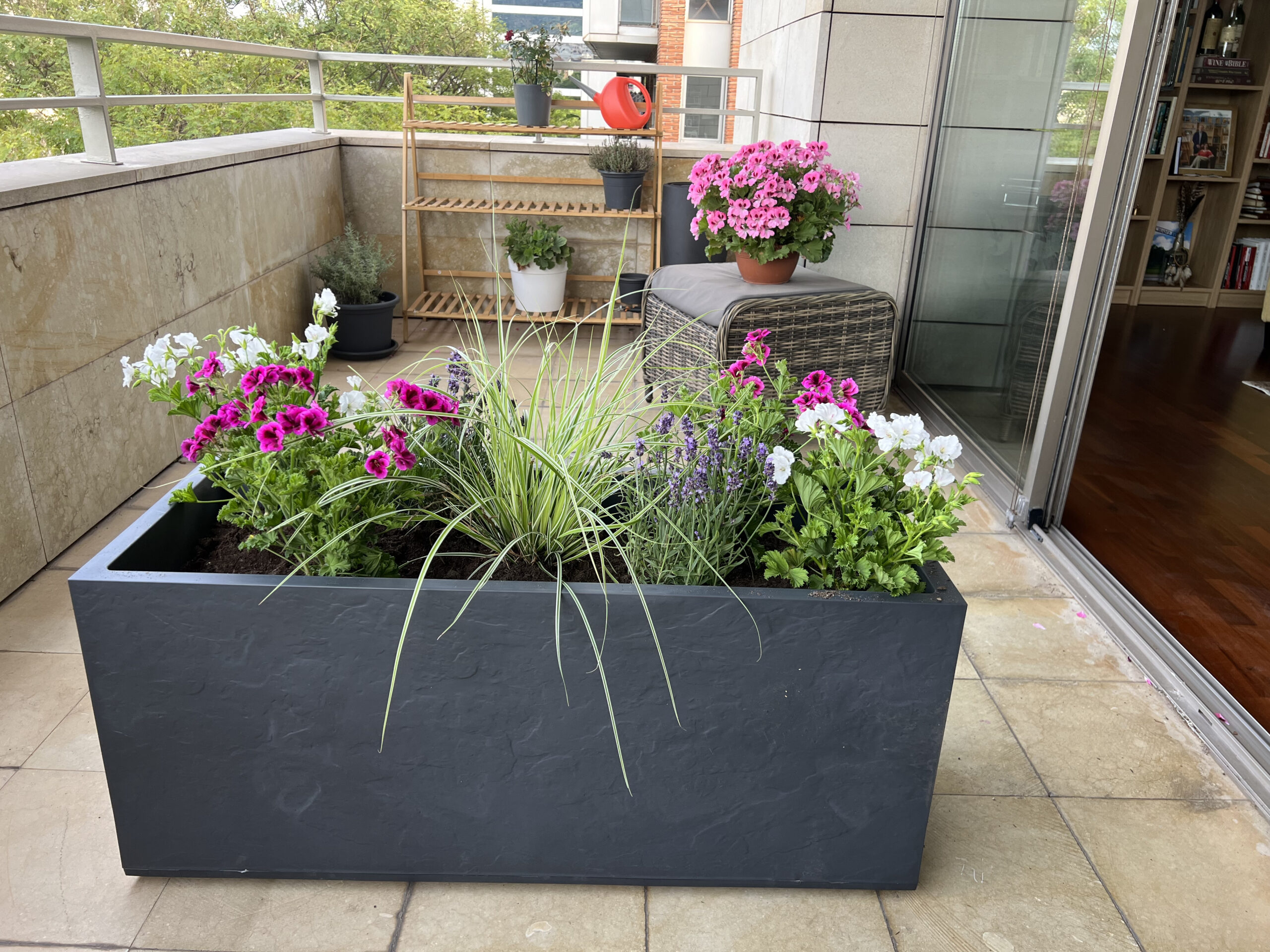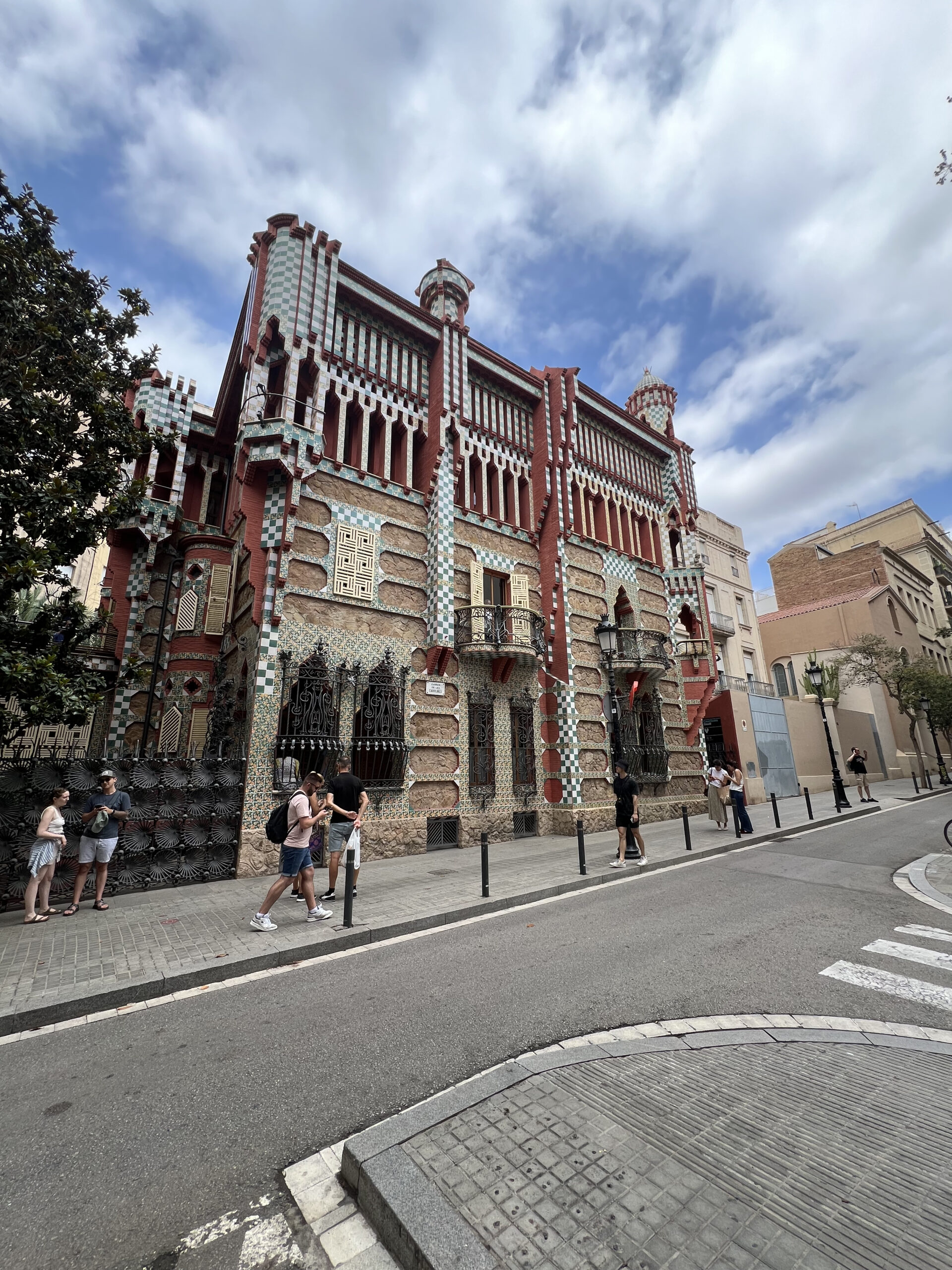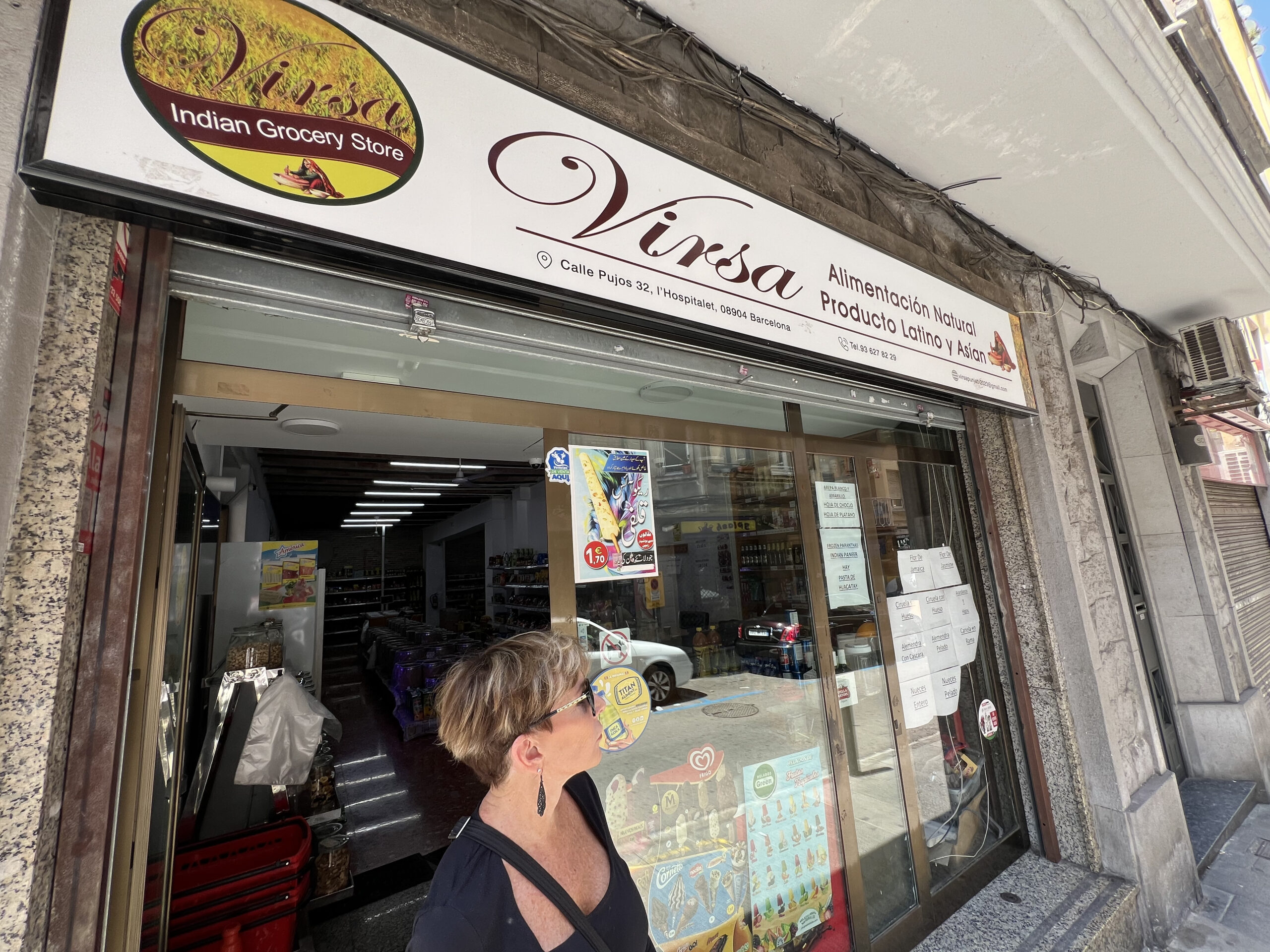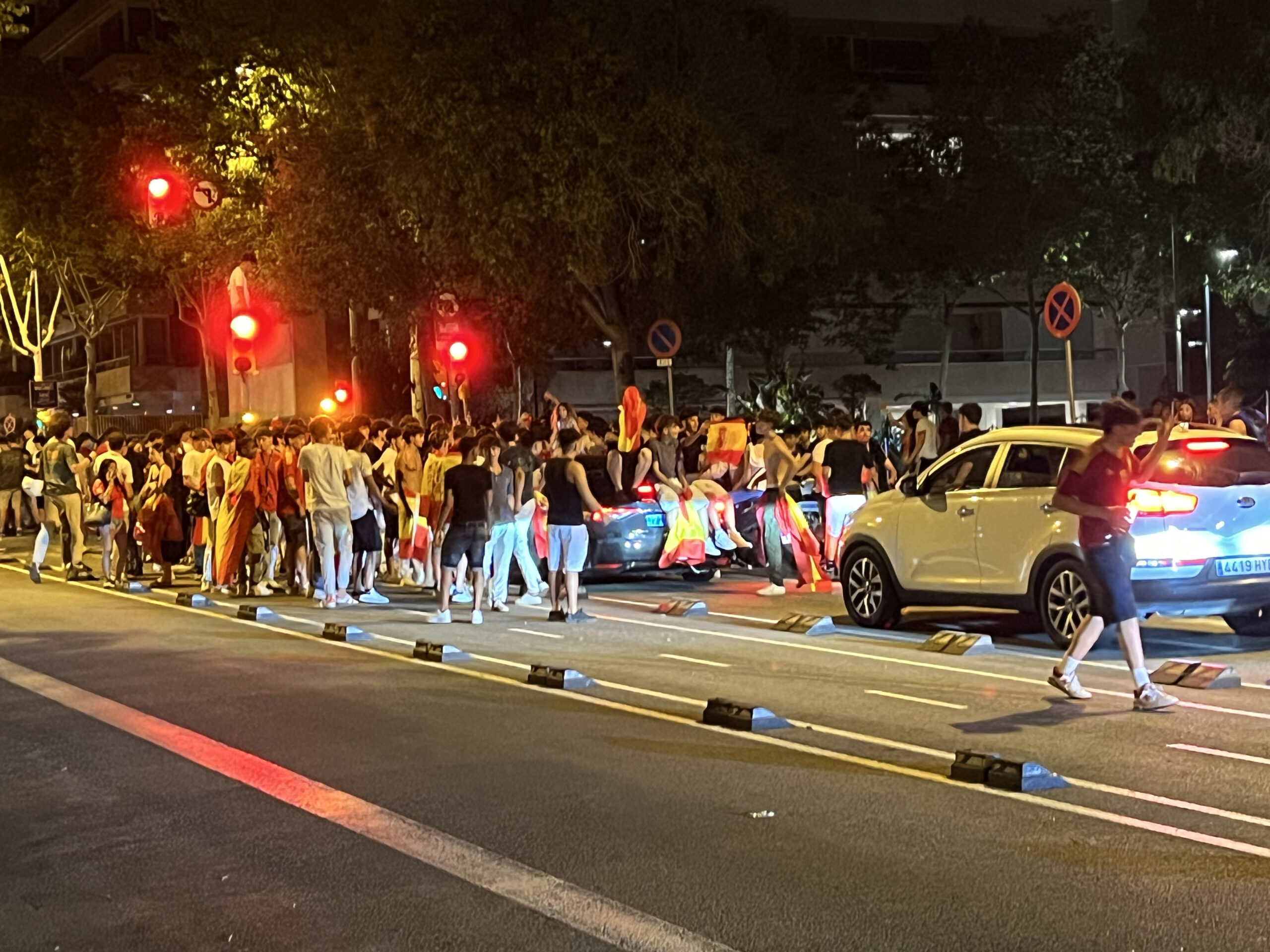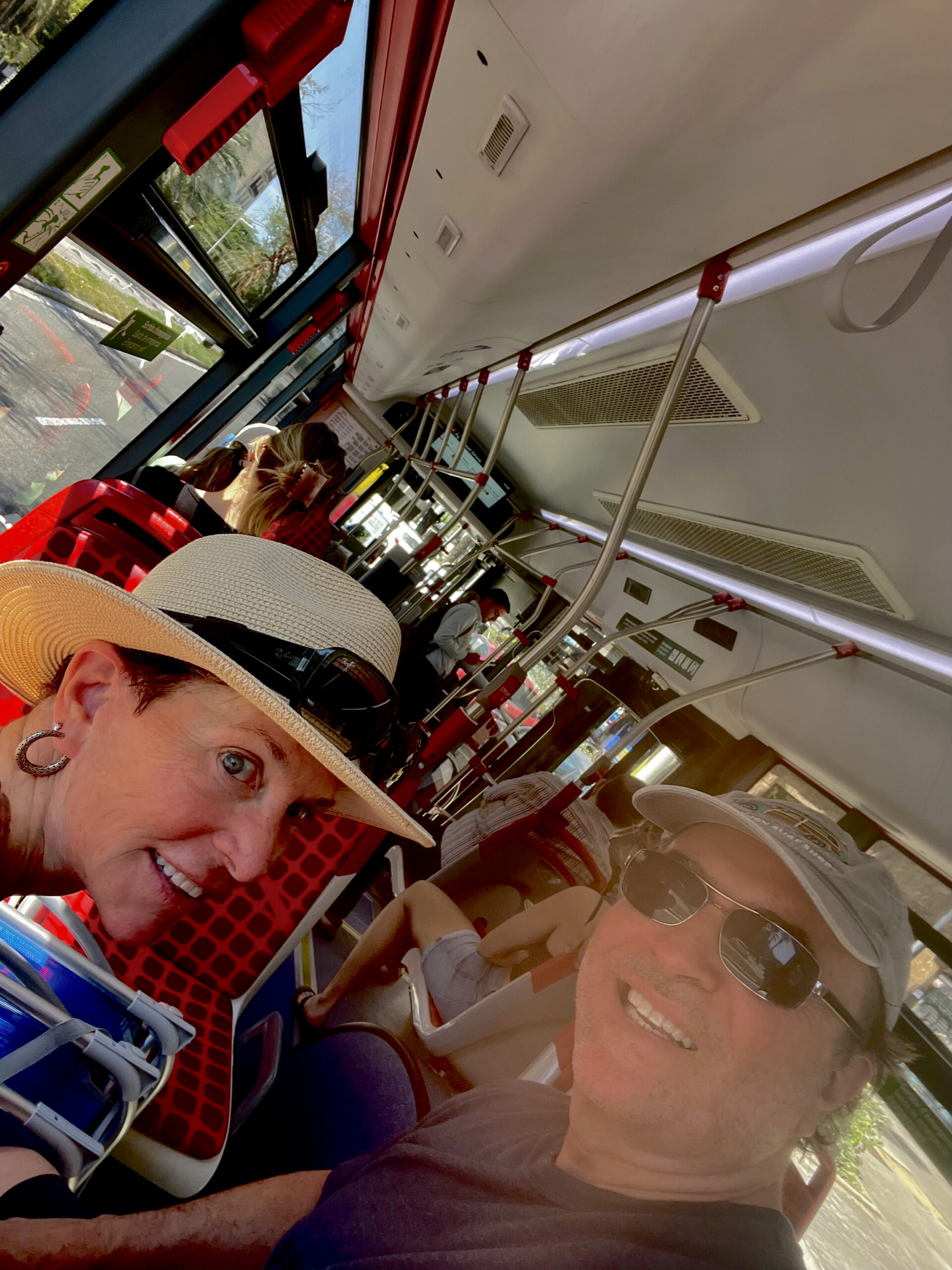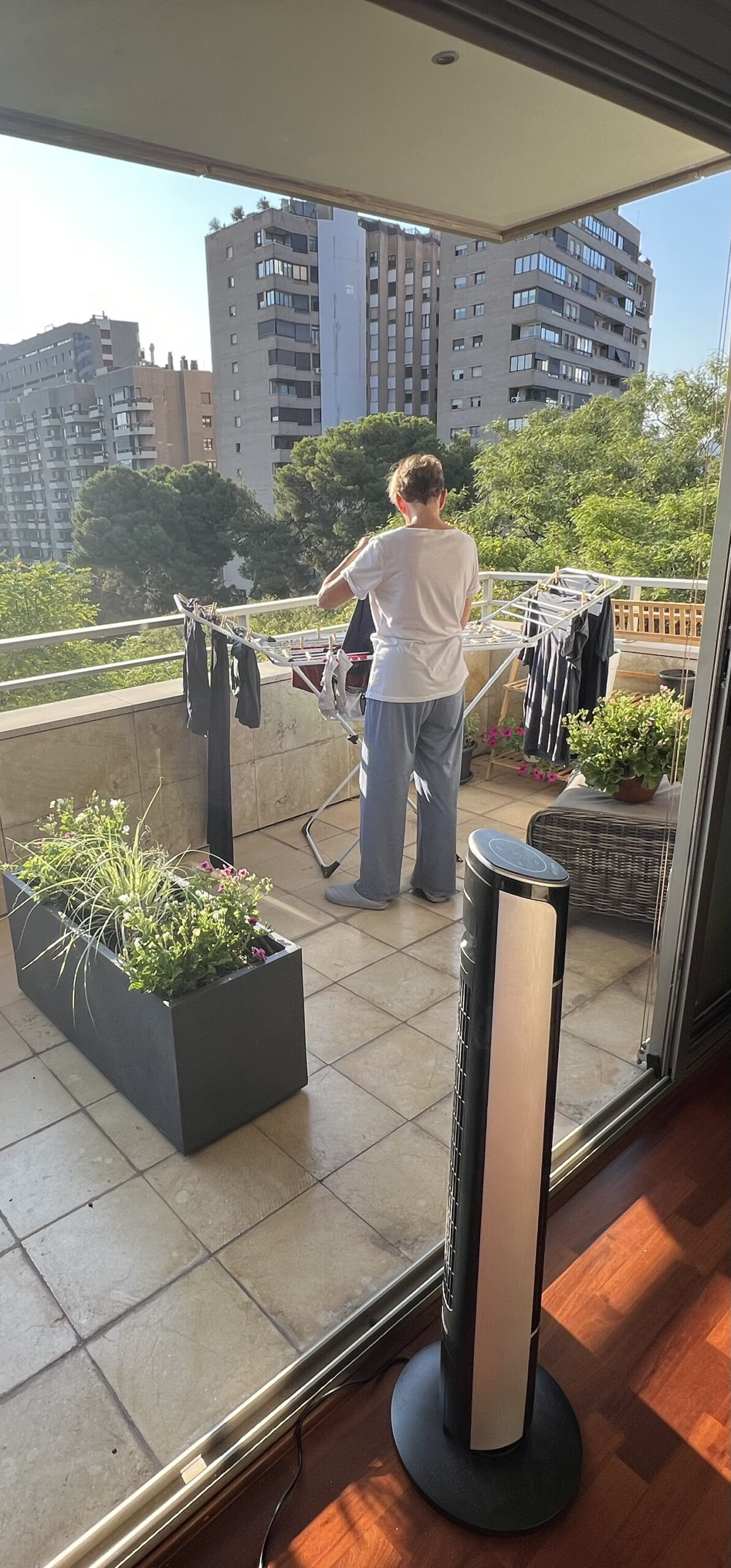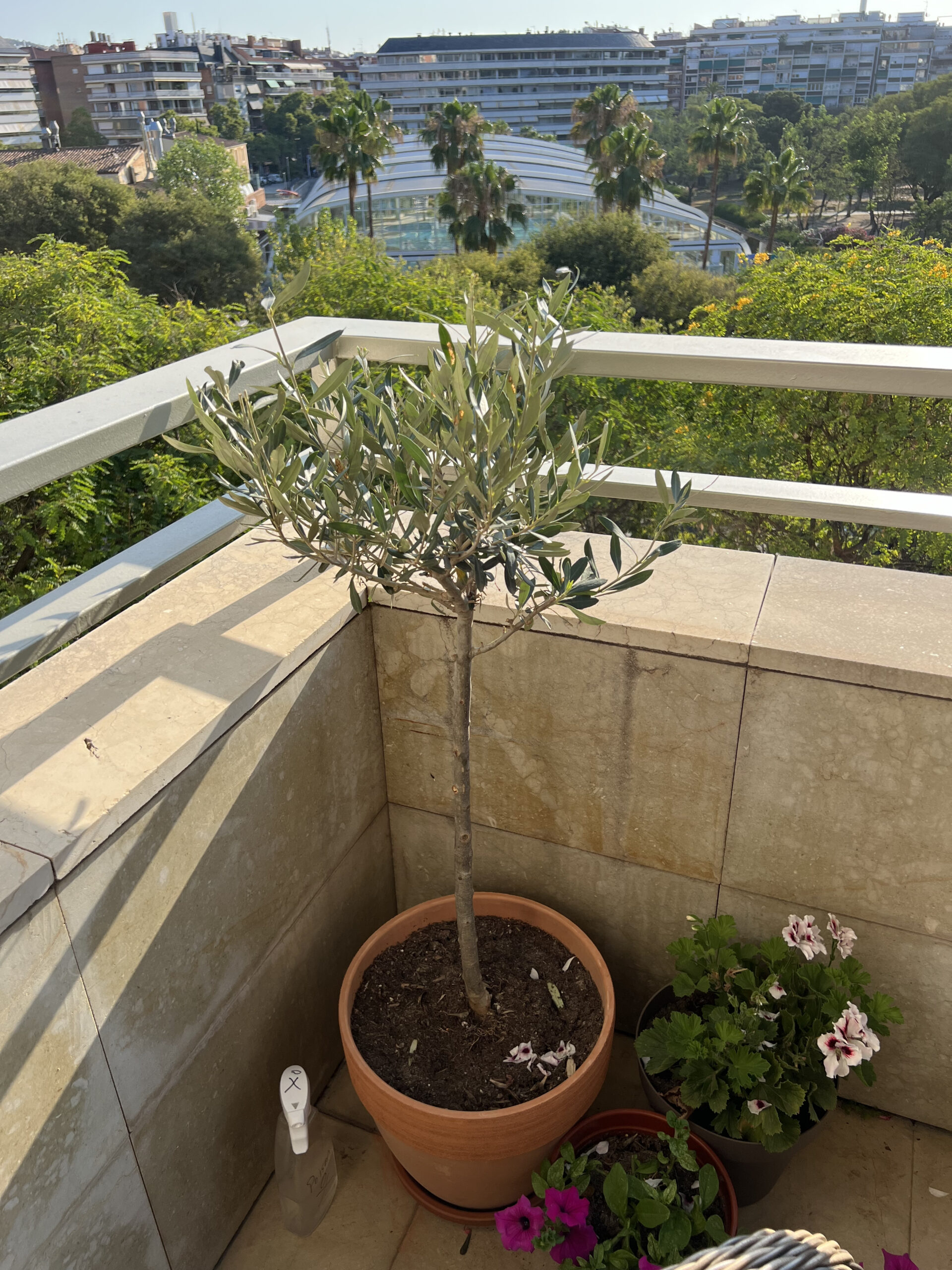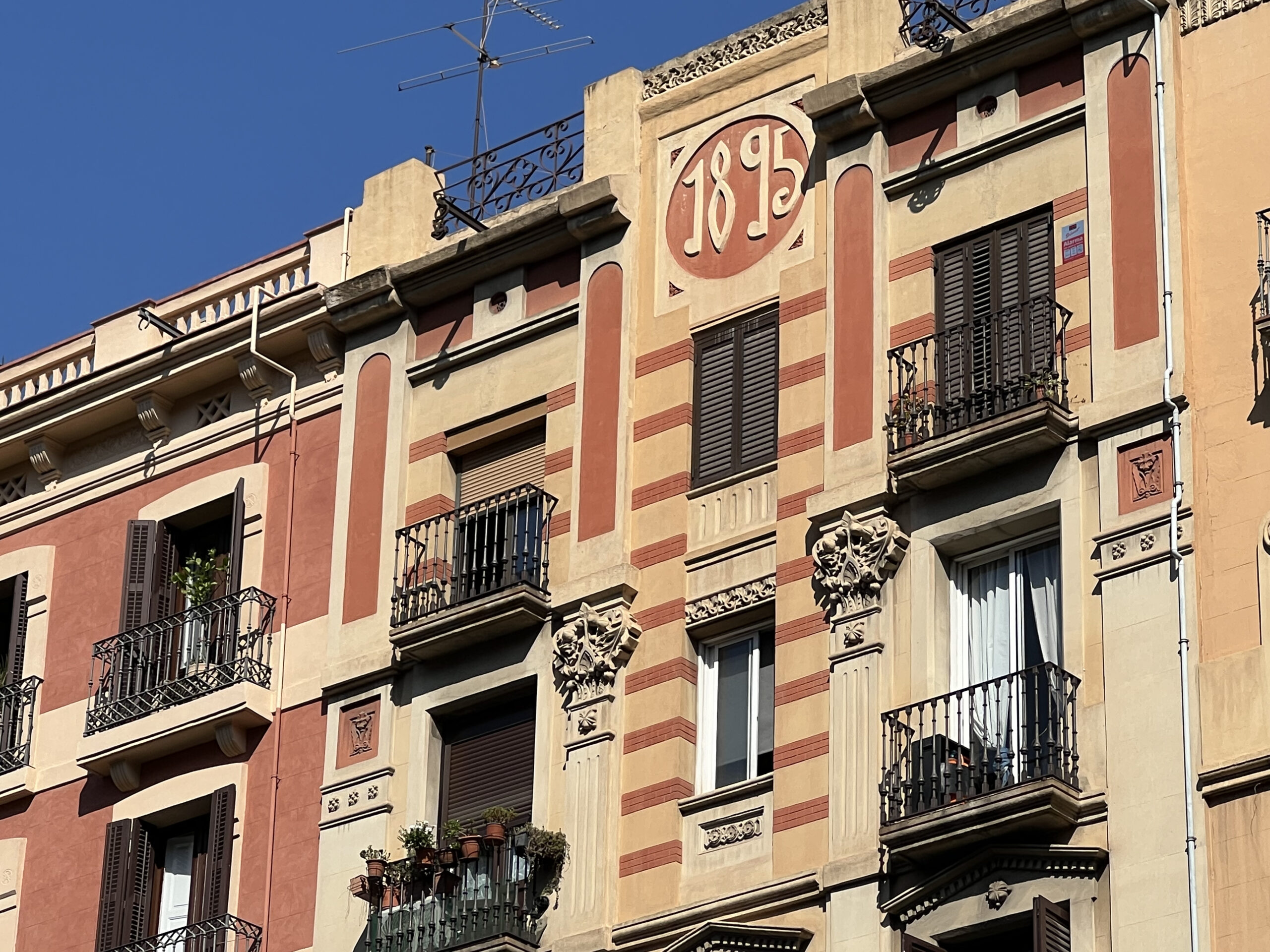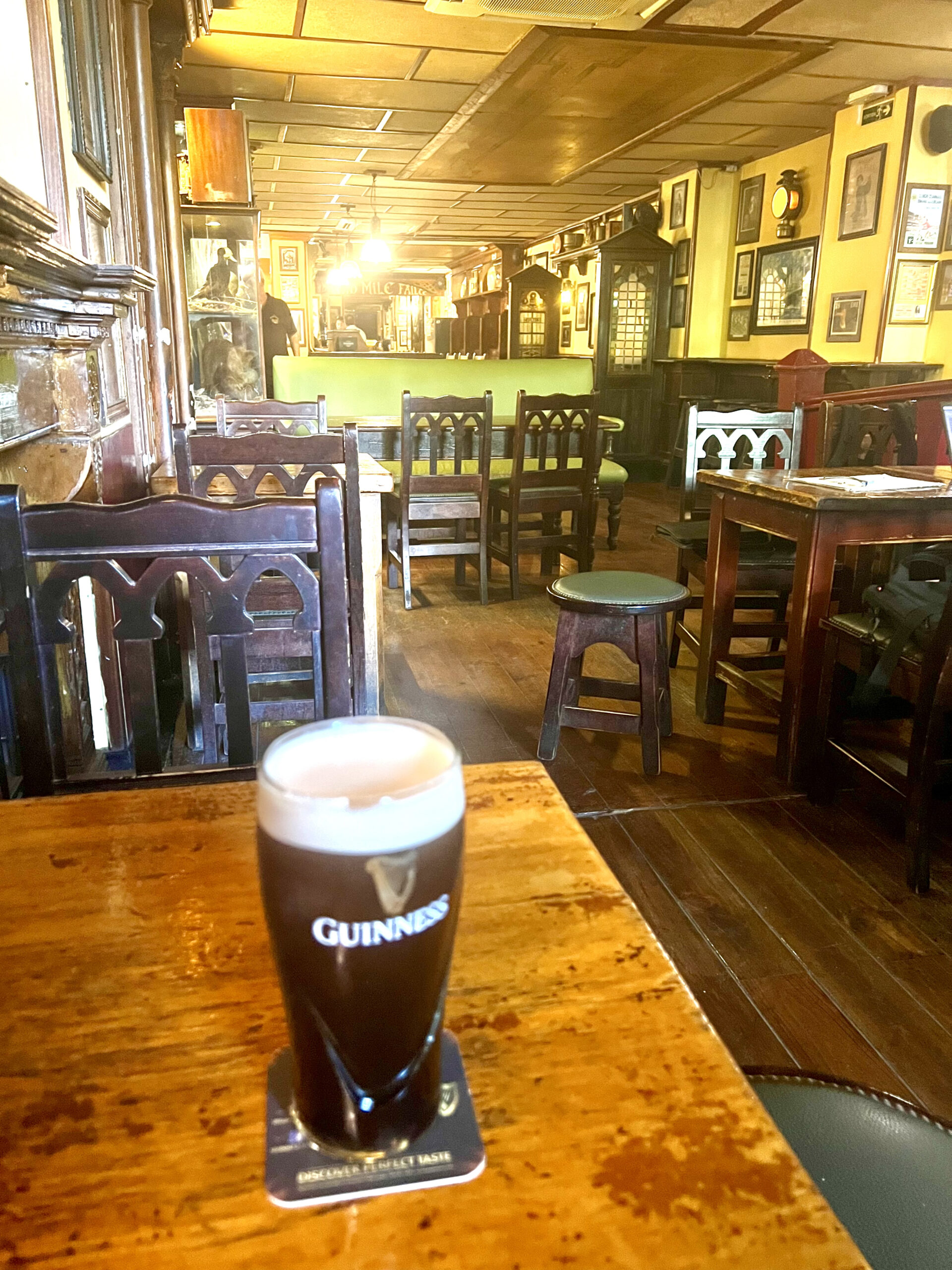More people like us are choosing to immigrate to Spain because of the climate, the different pace of life, open-mindedness, and the availability of visas such as the non-lucrative visa and the digital nomad visa. Spain was recently voted the fourth-best country in the world for foreigners to live in.
After seven months, we are probably still in the honeymoon phase, but we absolutely love it here. We have found it to be a much different lifestyle than the United States, particularly Florida. And for us, the Spanish lifestyle has been a breath of fresh air. Our chosen word for living in Barcelona is tranquilo, which means calm, quiet, peaceful, laid-back, or relaxed.
Here are a few examples of how the lifestyle is different.
1.) Peace (Paz) The most noticeable difference is the peacefulness that pervades this country. Most Spaniards are friendly and accepting and welcome those with different lifestyles (i.e., LGBTQ+) and mindsets. Guns, mass murders, and threatening people are virtually non-existent. According to UNODC data, Spain is one of the safest countries on earth and has one of the lowest murder rates on the continent. The police here are friendly and helpful. We did not realize how much we missed peace and camaraderie until we moved here—priceless.
- Note: The only thing you may fear here in Barcelona if you are a tourist is small water guns. It is hilarious to read the American media (a land of daily mass murders and school shootings by military assault weapons) decry an outlier Spanish squirt gun protest that is based on sound reasoning and blow it completely out of proportion. Several friends visiting here in the fall have sent me media articles and asked me if it is safe for them. You live in America and are worried about a squirt gun? Sigh.
2.) Patriotism (Patriotismo) I will never forget visiting Venice, Italy, and doing a bar crawl with a local named Alessandro. When asked if he was originally from Italy, he bristled, stood up straight and proud, and said, “I am NOT Italian; I am Venetian!” This story sums up much of what we see here in Barcelona. We are not only Spaniards; we are Catalans, specifically Barcelonés. Catalunya (of which Barcelona is the principal city) has its own language and distinctive traditions. Its population is nearly as large as Switzerland’s (7.5 million) and one of Spain’s wealthiest regions.
This country has been through dark times. I fear the vengeful dictatorship of Franco is an eerie foreshadowing of what America is now facing. The resurgence of Democracy in Spain has only been since the mid-1970s. I often catch myself looking at people my age and older, realizing that they endured the horrors of what a fascist like T***p can do. They lost family and friends, and they lost their freedom.
Spain’s Francisco Franco fought a brutal war against democracy with the aid of Hitler and Mussolini (in America, if T***p wins, substitute Putin and Orbán.) Franco presided over a regime of state terror and national brainwashing through the compromised media and corrupt judicial system. However, Franco (like T***p) did not rule by repression alone; he enjoyed considerable popular support. There were those who, for reasons of ignorance, religious belief, or ideological commitment, actively sympathized with his many crimes.
Research has uncovered proof of how Franco (like T***p) used his power to enrich himself and his family. The idea that public service exists for private benefit is one of both regime’s principal legacies. It will still be many years before Spain is free of Franco’s legacy. His investment in terror imbued the collective Spanish psyche with a determination never again to undergo such civil conflict or to suffer another dictatorship. That remains the case today, and you can viscerally sense it. I hope America does not have to learn this horrific lesson.
This week, our football (soccer) team won Euro 2024. We have never seen such patriotism. The entire country watched the game as one people, and the national pride was contagious. Flags, national colors, and the national anthem (which curiously has no words) pervaded the city for weeks. It was joyous and exuberant to be a part of it. A united patriotism is refreshing to experience. We are proud to be Spaniards, particularly Barcelonés.
3.) Food (Alimentos) A few weeks ago, we had guests at our home, and I made my specialty dish, lasagne bolognese with spinach pasta, from scratch. It was delicious, but somehow it seemed different. The same thing happened last week when I made chicken enchiladas.
As I lamented to Gina, asking what was wrong with my cooking, we laughed and realized that we had become accustomed to a much different diet—the Mediterranean diet. The heavy cheeses and meat sauces bloated us and failed to satisfy our transitioning palate. We have fallen in love with fresh seasonal vegetables from the farm, olives, seafood, nuts, freshly baked bread, and fresh seasonal fruits.
We stroll to our favorite fresh markets several days a week to select seasonal fare for our menus. It is like a dream come true. We wander through the colorful and vibrant farmer’s stalls and pick out cheeses, olives, artichokes, eggplants, meats, and fresh seafood—whatever is in season. Oops, scallops are out of season; why not try the cuttlefish?
You haven’t fully lived until you have a butcher named Jesús and a fishmonger named Maria, who quickly learn your tastes and suggest all sorts of new delicacies from their fresh markets while being patient with your slowly progressing Spanish.
4.) Language (Idioma) In America, it was easy to take communication for granted. I recently heard this joke, which has proven prescient: “What do you call someone who speaks only one language? An American.” Sad but true, most of our friends here speak several distinct languages. None are from America. Language is a massive deal for us because we do not live in a tourist area, and virtually no one speaks English.
That causes myriad problems when we visit markets, restaurants, government offices, or doctor’s offices. To compound the challenge, we worked to learn rudimentary Spanish; however, most people and all businesses in our neighborhood speak Catalan, which is more similar to French than Spanish. We are attending Spanish language school and first learned basic greetings and standard phrases (please, thank you, you’re welcome, excuse me, table for two, etc.). We have progressed to the many regular and irregular verbs. Imagine pulling your hair out at the local grocery store because you don’t know how to ask, “Where is the lettuce?”
We are enjoying learning the new language and have decided to first focus on Spanish rather than Catalan since most Catalans also begrudgingly speak Spanish. These educational experiences have become foundations on our journey to becoming genuinely integrated residents of Spain.
Another oddity is that Spanish in Spain (Castilian) differs significantly from Spanish in Latin America. For example, Spain pronounces the “c” in the word gracias (thanks) as “th” rather than “s” in Mexico. They pronounce v’s like b’s, and x’s are “sh” rather than “h.” Words for school, computer, sandwich, and hundreds of others differ. Unfortunately, most translation apps (i.e., Google Translate) and language apps (i.e., Duolingo) utilize Latin American Spanish rather than Castilian.
5.) Time Schedule (Horario) The Spanish schedule differs from most European countries and the USA. Businesses open at 10 am, close at 9 pm, and close between 2 pm and 5 pm for the siesta. Weekends vary greatly. While shops are open on Saturdays, many other services are closed. Almost everything is closed on Sundays, during festivals, and during the August holiday. Breakfast is usually between 7:30 and 9:00 am, lunch is from 2 to 4 pm, and dinner is between 9 and 11 pm. Most eating establishments will not seat you before 8:30 pm unless you are in a tourist area. Deviating from the schedule is a sure sign you are a turista. This new routine has proven radically different for us. In America, we would often be in bed before 9 pm, and here we are rarely in bed before midnight. It has taken some getting used to.
6.) Our Neighborhood (El Barrio) Our Barcelona barrio differs significantly from our Dunedin, Florida neighborhood. First, almost every person and store utilizes the Catalan language. Second, Les Tres Torres is considered the most desirable and affluent barrio in Barcelona. This opulence takes getting used to, particularly for Gina.
Most of my adult life was spent in Franklin, Tennessee, and Palm Beach, Florida, two of the most wealthy areas in America, if not the world. Gina has never experienced this cultural phenomenon. Lamborghinis and Land Rovers are everywhere, and everyone dresses to the nines at all hours of the day. For the ladies, that means full makeup, dresses, and matching accessories. If you know me at all, I don’t give a shit, but I am coming to understand that it is different for a lady.
We had no intention of moving to the most affluent barrio. On the contrary, we looked primarily at gentrifying areas for investment potential, and we liked the more gritty, down-to-earth lifestyle we experienced when we explored those neighborhoods. Our first short-term apartment was in the Sant Martí area, one of the less affluent areas, and we loved it.
But we were hooked when our realtor finally convinced us to look farther uptown and showed us the perfect apartment and its price. We rented it immediately because it is almost impossible to find a long-term rental, and there is a demanding interview and vetting process. We only learned later about the affluence of our neighborhood. Yet, we LOVE our well-appointed and spacious apartment.
Third, FOMO (fear of missing out) is a real thing in our neighborhood. Gina remarked today that there are probably more restaurants and high-end shops in our four-block area than in all of Tampa Bay. You can walk four minutes to Hermès, Louis Vuitton, and Massimo Dutti stores and pass three caviar shops on the way. It’s a different world, and while it sounds impressive, it requires significant adjustment.
Fourth, we live in Barcelona’s safest and most beautiful neighborhood. We are a few steps from myriad buses, trams, and metro stops. Four beautiful parks, wide tree-lined sidewalks, running and bike paths, and perhaps the most historic local market in the city are all within three blocks.
7.) Cost of Living (Coste de la Vida) All our research led us to believe that living in Spain was much less expensive. And that is undoubtedly true—except for Barcelona. As we budget each month, we find that the loss we take, exchanging dollars for euros, and the extra costs of electricity, taxes, and private health insurance balance out the much lower day-to-day expenses. So we have found it costs about the same as our life in Dunedin.
For us, it is a great deal. The cost of living in the most exclusive area of one of the most extraordinary cities in the world is roughly equal to living in a typical Florida coastal neighborhood. We could live for much less in a rural area or a less expensive southern Spanish city. Still, the once-in-a-lifetime experiences we have daily are only to be had in Barcelona and are more than worth it.
8.) Transportation (Transporte) Spaniards take public transport very seriously. We have great intercity trains equipped with free Wi-Fi and clean restrooms, and they run like clockwork. Within Barcelona, clean and punctual trams, buses, and metros are easily accessible. It is incredible how efficiently tens of thousands of people are transported daily, and we love the ecological conservation benefits. And no, we do not miss having a car.
9.) Architecture (Arquitectura) Most American architecture, especially in the cities, is a utilitarian block of steel, glass, and concrete with little variety. Spaniards have gone to extraordinary lengths to preserve their architectural traditions. You can find cobblestone streets and buildings dating back centuries. They make every effort to preserve history, architecture, and art. For example, excavation was proceeding for a historic market renovation in the El Born area, and the workers discovered the ruins of a Roman village. The government immediately halted excavation and called in the archaeologists. Now, the El Born Cultural Center stands instead of what could have been a thriving market.

Walking through Old Town’s historic streets, alleyways, and buildings stirs up visions of Old Europe’s magic. Taking the metro down, strolling, and sampling the myriad restaurants and bars is like a dream. It is one of our most extraordinary experiences, and Gina and I do it often. Yes, dreams do come true.
10.) Culture Barcelona is a cultural mecca. It has museums, theatres, parks, arts, concerts, world-class soccer, fashion, cinematography, beaches, festivals, and more. In seven months here, we have attended more cultural events than in our previous twelve years combined. Flamenco, Celtic, classical, rock, and folk music; salsa, tango, bachata, and traditional dance; Miro, Picasso, contemporary, Catalan, Montserrat, Tibidabo, erotic, prohibited art, automats, and modern art museums; Bon Nadal (Christmas), New Year’s, Sant Jordi (National Book Day), San Joan (Fire), Pride, Girona Flower, and Grec festivals; burlesque, The Great Library of Tomorrow; Formula One, Euro 2024, and 10k run events; nude, clothing optional, topless, natural, and tourist beaches. Oh my. We often say we do not have enough years remaining to do a fraction of the “once-in-a-lifetime” things to do here.
11.) Relationships (Relaciones) We made most of our friends at Spanish language school. We regularly hang out with Zena and Paulette (Lebanon), Benjamin (Croatia), Marzieh and Armin (Iran), and Jing and Sven (China). The variety of languages, cultures, experiences, and perceptual views is fascinating. All of them are much younger than us, but that has been true of my life. We visit each other’s homes and exchange favorite meals from our home country. What fun.
We have also built many relationships at our third spaces: restaurants, bars, markets, supermarkets, and shops. It is much easier to form acquaintances here because there is no shift work. For example, working as a server (camarero) at a restaurant is a career. They are paid a living wage, so there is virtually no turnover. Gabrielle, Andrea, Maria, Carolina, Jesús, Kris, Liv, Shayan, Jasmine, Finnegan, Anna, Roberto, José, Viola, Mauricio, Rowell, Yuse, Mike, Julian, Luna, Wang, Monica, and Gaby are just a few acquaintances with which we share a first-name basis.
These are only a few examples of the differences between the Barcelonés and Florida lifestyles. We have not missed America one moment and are so grateful to live in this fabulous city. Ven a visitarnos algún día.
If you enjoyed this post, please click HERE to SUBSCRIBE. I will not spam you. But I will email you once each week or so with a summary of my latest post, photos, and art.
